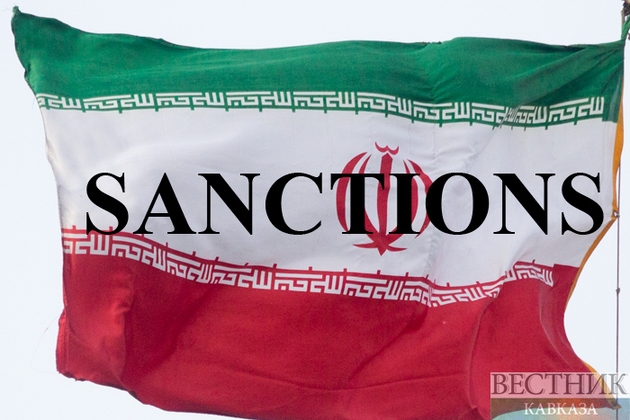Iran’s foreign minister said on Friday he was prepared to go to Vienna “immediately” to sign a deal with the US to revive the 2015 nuclear accord, but warned he would only do so if western negotiators agreed to meet Tehran’s outstanding demands, Financial Times writes.
The comments from Hossein Amirabdollahian came as western officials suggested they were inching closer to securing an agreement at indirect talks between Tehran and the Biden administration in the Austrian capital. But they are also pressuring Iran to quickly agree on final issues after 11 months of negotiations to save the accord abandoned by then US president Donald Trump.
“We are ready to finalise a good agreement immediately . . . but the western parties’ rush to conclude a deal cannot prevent Iran’s red lines from being observed,” Amirabdollahian told the EU, according to Iran’s foreign ministry. “I am ready to go to Vienna as soon as western parties accept to observe our remaining red lines.”
The deal’s signatories also include Germany, France, UK, Russia and China. Western officials have been warning for weeks that time is running out to save the deal because of the scale of Iran’s nuclear advances, with the Islamic republic enriching uranium close to weapons-grade. But Tehran has insisted it will not seal an agreement at any cost and will not be rushed.
A US state department spokesperson said on Thursday that there had been “significant progress” at the talks, adding that “if Iran shows seriousness, we can and should reach an understanding of mutual return to full implementation” of the accord “within days”. But she warned that “a number of difficult issues still remain unsolved”.
Rafael Grossi, head of the International Atomic Energy Agency, was scheduled to travel to Tehran on Saturday to discuss one of the points holding up progress at the talks: a dispute over a stalled probe by the UN’s nuclear watchdog into traces of uranium found at old, undeclared sites.
Tehran wants the probe concluded, but Grossi said this week that “people cannot foresee a return” to the nuclear accord if there were unresolved issues with the IAEA.
Other key sticking points include Tehran’s demands that the Biden administration provide guarantees that no future US president can unilaterally abandon the deal.
The crisis was triggered when Trump withdrew the US from the accord in 2018 and imposed hundreds of sanctions on the Islamic republic. Diplomats and analysts say it is virtually impossible for President Joe Biden to offer the guarantees that Tehran is seeking, but negotiators have been working on some sort of assurances.
There is also disagreement over which US sanctions would be lifted if Iran reverses its nuclear activity to agreed limits. Tehran wants all Trump-era sanctions lifted, including those related to alleged human rights abuses, regional activities and terrorism allegations, not just economic measures.
Trump imposed sanctions on dozens of senior Iranian officials, including President Ebrahim Raisi before he came to power last year, and the office of Ayatollah Ali Khamenei, the supreme leader. He also designated the elite Revolutionary Guard a terrorist organisation.
If a deal is secured, Iran would be able to ramp up its oil exports as the Russian operation in Ukraine has pushed crude prices to decade-long highs, with prices above $100 a barrel.
Iran is estimated to be exporting about 1mn barrels of crude a day, but Javad Owji, the oil minister, was quoted this week as saying the Islamic republic could reach its “maximum oil production capacity in less than two months” if sanctions are lifted. Iran’s oil exports hit a peak of about 2.5mn barrels a day before Trump abandoned the nuclear accord.
But analysts said the risk was that the Ukraine crisis and soaring energy prices could lead Tehran into believing that its position at the negotiating table had strengthened.
Ali Vaez, Iran expert at the Crisis Group, a think-tank, said both sides were prone to miscalculation “and the Ukraine crisis has made it a bit more difficult”. “The Iranians think the Biden administration needs to bring down global energy prices and doesn’t want a major non-proliferation crisis on its hands in the Middle East. This, in their view, strengthens Iran’s hand,” said Vaez, who was in Vienna this week. “The problem is it could be only a matter of time before the Kremlin makes a similar calculation and tries to pull the plug in Vienna".






